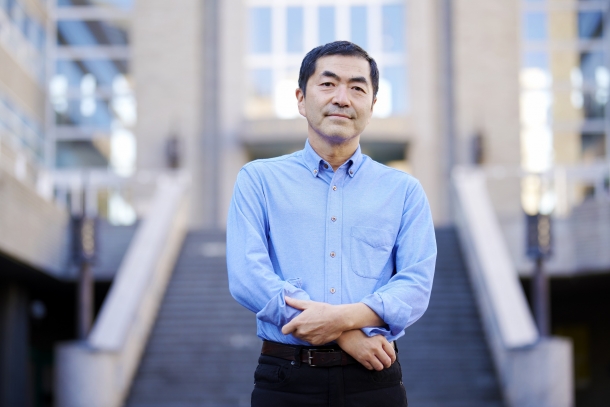
Atsuhiko Wada Professor Faculty of Education and Integrated Arts and Sciences. Ph.D. (Literature). Born in Kochi Prefecture in 1965. In 1994, he withdrew from the doctoral program at Waseda University Graduate Graduate School of Letters, Arts and Sciences. Specializes in modern Japanese literature, reading theory, and history of book culture and distribution. His publications include ``Readers in the Media: Current Reading Theory'' (Hitsuji Shobo), ``Japan-US Relations in Books: Towards a History of Literacy'' (Shinyosha), and ``Books that Cross Borders: In the Changing Book Environment'' (Shinyosha). ), “Questioning the History of Reading: Modern Books and Readers” (Bungaku Tsushin), “Reading Organization in Greater East Asia: Ideological Battles and the Distribution of Japanese Books” (Hitsuji Shobo), etc.
Do you like or dislike books? Is reading something you do every day or is it something you don't like? What is the definition of reading? This time, we interview Professor Atsuhiko Wada (Faculty of Education and Integrated Arts and Sciences), who researches the history of reading and reading behavior, about how to interact with reading. He also introduced recommended books for students who don't read on a daily basis. By the time you finish reading the article, you may also want to read the book. Why not pick up a book first?
Reading doesn't have to be considered a noble thing.
It is often said that young people are losing interest in reading. But that premise is strange. In the past, books were the only way to fill the time. That's why everyone carried paperback books and read them when they had free time, such as on the train.
But now, everyone is very good at filling in the gaps. You're always watching or reading something on your smartphone. It's also a great read. When we hear the word "reading," we tend to think of reading paper books in a calm atmosphere, but now we live in an age where most books can be read on electronic devices. In that sense, there is no generation that reads as much as today's students every day.
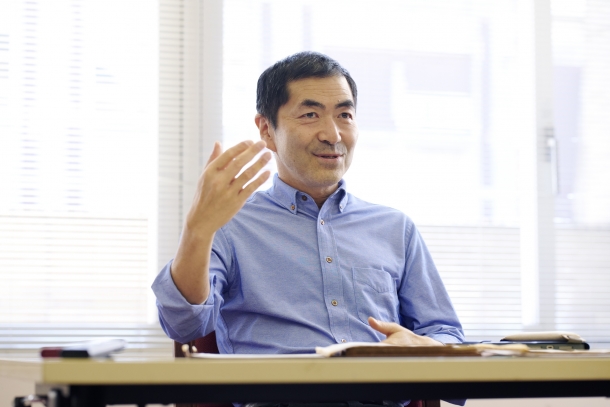
What I would like to emphasize to students is that reading is not something special or a noble activity. If there are people who think that they are not good at reading, there is no need to have a complex about it. On the contrary, the act of reading is necessary for daily life, necessary for knowledge, and necessary for living. Reading is an integral part of daily life. If you think about it like this, the way you interact with books will probably change as well.
Also, I have a bit of an awareness of expanding my ``reading genres'' and ``hobbies and tastes.'' How can you access content other than the content you are exposed to on a daily basis? If you can keep this in mind, I think your reading will become even more profound.
Therefore, this time, I have selected books from five fields as an opportunity to expand your interests. I hope this gives you a hint.
Selected Professor Wada! Recommended books by five genres to expand your interests
[1] Reading experience based on familiar experiences such as love
“Omedetakihito” Saneatsu Mushakoji

“Omedetakihito” Saneatsu Mushakoji (Shincho Bunko)
This is the story of a 26-year-old ``me'' who falls in love with a female student named ``Tsuru''. Saneatsu Mushakoji, who has a rich ability to lose love, depicts the story of an overly passionate and one-sided love, right up to its inevitable breakdown, with absolute candor.
This is a scary story. The main character is what we would now call a "stalker." What is interesting is that people at the time (published in 1911) did not think that way at all. If you read it now, you can enjoy the sense of a gap between the characters who are clearly dangerous and whose delusions continue to expand, but at the time they were portrayed as elite, serious young men.
On the other hand, even in this day and age, we can still empathize with the feelings and feelings of being overwhelmed by love. The writing style is easy to read, and I recommend it as a reading experience that can only be achieved by reading works from that time in modern times.
[2] Reading experience based on interest in events and history
“Kumaarashi” Akira Yoshimura
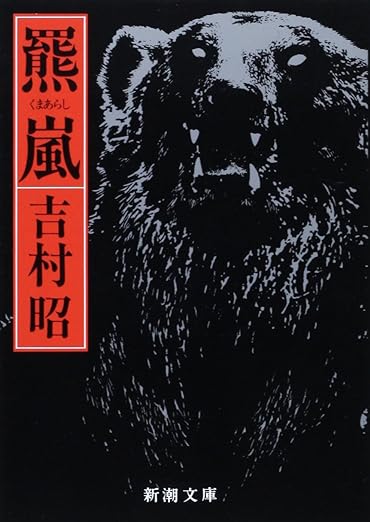
“Kumaarashi” Akira Yoshimura (Shincho Bunko)
In December 1915, a brown bear that was hibernating at the wrong time killed six people in just two days, causing the greatest disaster in the history of animal damage in Japan. A feature-length documentary that highlights the lives of humans who are helpless in the face of the wrath of nature, and a seasoned hunter who calmly faces off against a brown bear all by himself.
I think it's easy to get interested in historical events and incidents that actually happened. This work is a documentary-style work modeled after the Sankebetsu Higuma Jiken, which actually happened during the Taisho era, and it's absolutely terrifying.
It's nothing compared to the panic and suspense movies in Hollywood. It's not just scary stuff that makes your heart race, it's a detailed depiction of the horrors that occur in real life, and when you read it, it leaves a lasting impression on the places and people.
The same author's ``Konetsuzuido'' (Shincho Bunko), which depicts the difficult construction work that challenges the natural environment of the Kurobe Valley, is also a work that leaves a lasting impression on you after reading the sublime scenery of the construction work.
[3] Reading experience based on hobbies such as sports
"Red Hell 1975" Kiyoshi Shigematsu
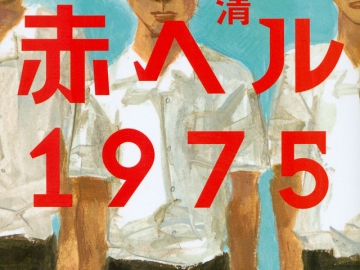
“Red Hell 1975” Kiyoshi Shigematsu (Kodansha)
In 1975, the Hiroshima Toyo Carp's hat changed from navy blue to red, marking 30 years since the atomic bomb was dropped. Yasu, a mischievous baseball boy, Yukio, who wants to be a newspaper reporter, and Manabu, a boy who moved from Tokyo... Their stories intertwine with the story of the Hiroshima Toyo Carp, which is aiming for its first championship.
Recently, an increasing number of students are choosing their favorite sport, such as baseball or soccer, as the theme for their research or Bachelor's Thesis. Moreover, there is a lot of good research. I gave this as an example to show you that it would be a good idea to choose from such ``extension of interests''.
The Hiroshima Toyo Carp baseball team has a unique history as a citizen baseball team that was created during post-war reconstruction. This work also left an impression on me because it describes the post-war landscape. Even though I'm not an avid baseball fan, I enjoyed reading it.
[4] From “autumn appetite” to “craving for reading”. A reading experience that comes from the chain of desire
"Moribito" series Nahoko Uehashi
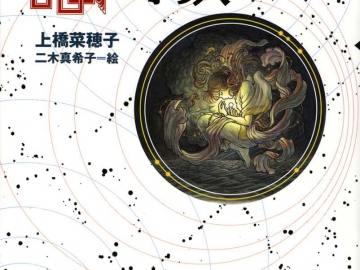
“Moribito” series Nahoko Uehashi (Kaiseisha)
A series of otherworldly fantasy novels starting with "Moribito of the Spirit." It is well known that there are many meal scenes that will stimulate your appetite if you read it. The author is also a cultural anthropologist and created these meals based on the unique dishes he tasted during his fieldwork.
Autumn is not only the season of reading, but also the season of appetite. It is also fun to choose a book based on that “chain of desire”.
I think there are many people who encountered and read the ``Moribito'' series when they were in junior high and high school, but even university students can enjoy the books. However, what I would like to introduce here is more than the content of the story, but the depiction of food and meals. This is also very deliciously drawn. Even in a fictional world, a story that firmly depicts food as a cornerstone of life will have a high level of empathy. I think it's easy to get into it even for people who shy away from it just because it's a fantasy.
[5] Easy-to-read reading experience through “listening and writing”
“Escape barefoot” Yoko Uema
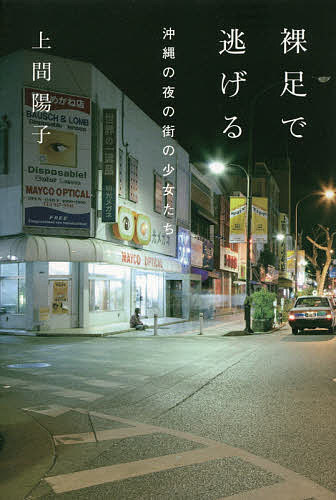
“Escape barefoot” by Yoko Uema (Ota Publishing)
Girls living in the nightlife of Okinawa are subjected to violence such as abuse, prostitution, rape, and neglect, and they run away to create a place of their own. The author, who stood by and listened to the process, records it as it is.
This is a record of interviews with young women working in the sex industry in Okinawa.
What I recommend about this work is that not only the interviewee changes, but also the author who is listening. She listened to stories of economically disadvantaged women living with domestic violence, and She continued to interact with them while feeling conflicted in her heart, wondering, ``What can I do by listening?'' and ``What will happen to people?'' go. The fact that you can see what's going on in the listener's mind really stuck with me. I hope this will serve as an opportunity to think about the responsibility of the listener and how the reader cannot be left alone.
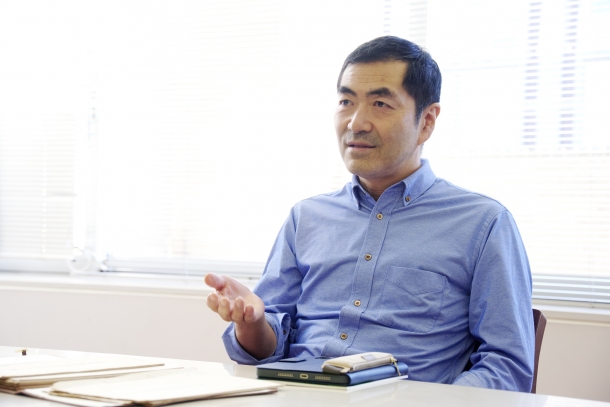
This time, I have proposed five ways to expand your interests when choosing a book, but of course there is no "correct" answer when it comes to books to read. It varies depending on the environment, experience, and generation of the reader. Therefore, you can use anything other than the novels and documentaries mentioned here. I read a lot of manga, I love movies and games, and one of my favorite things is books. ``Reading'' and ``books'' are nothing special. I think you should use whatever you can as long as it gives you an opportunity to read.
Reading is inconvenient
As I mentioned at the beginning, if you imagine reading as some kind of special or noble hobby, you will end up seeing it as something that is unconditionally good, and you will not be conscious of trying to critically review it. It will become thinner. However, I think we should not overlook the fact that our reading experiences are subject to various restrictions and ``inconveniences''.
For example, a collection of wartime book viewing records was recently discovered at the Waseda University Library. This clearly shows that even during wartime, students were interested in a variety of books. On the other hand, there are still documents in the university library that were ordered by the special high school police (*) around the same time, and in response to those instructions, the library created a list of books that students were prohibited from viewing, and some books that were not available to students. In other words, even though it appears that people can access many books freely, there are various regulations and restrictions in place.
(*)Special High Police. Japanese secret police. It was abolished after World War II.
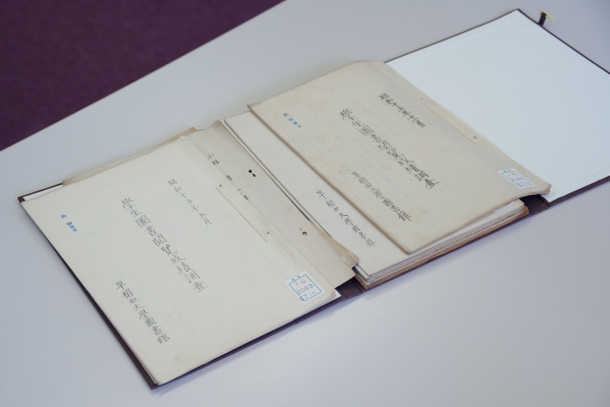
Wartime viewing records ``Student Book Viewing Results Survey'' located in the Special Materials Room of the Waseda University Central Library
In fact, even though times have changed, our reading experience is still surrounded by many inconveniences. Even if it is not in the form of a clear system such as censorship, not all books in this world are available in bookstores or on Amazon Kindle.
Reading is not a special activity, but rather an everyday activity that forms the basis for knowing, thinking, and making decisions. That's why I think it's important to have an interest in reading itself and to research it, rather than just assuming it's good.
Interview and text: Ogumanaoto (Graduated from School of Letters, Arts and Sciences II in 2002)
Photographer: Sakae Takahashi
[Next Focus Preview] “Rugby Special” to be released on November 20th (Monday)

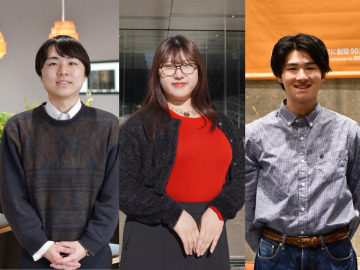
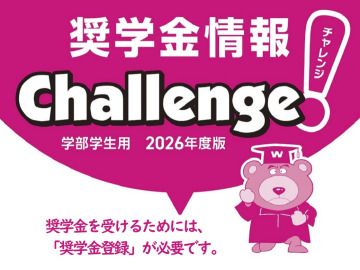
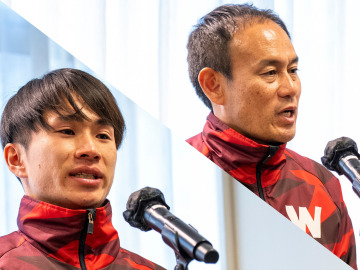
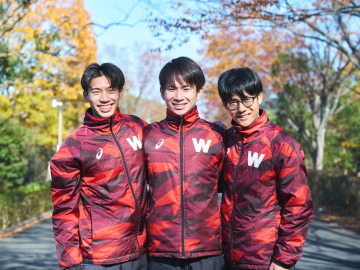

![[Save version] Map of the four main campuses](https://www.waseda.jp/inst/weekly/assets/uploads/2025/09/17cb2975123fc5103172ef60bd98608d-610x458.jpg)

